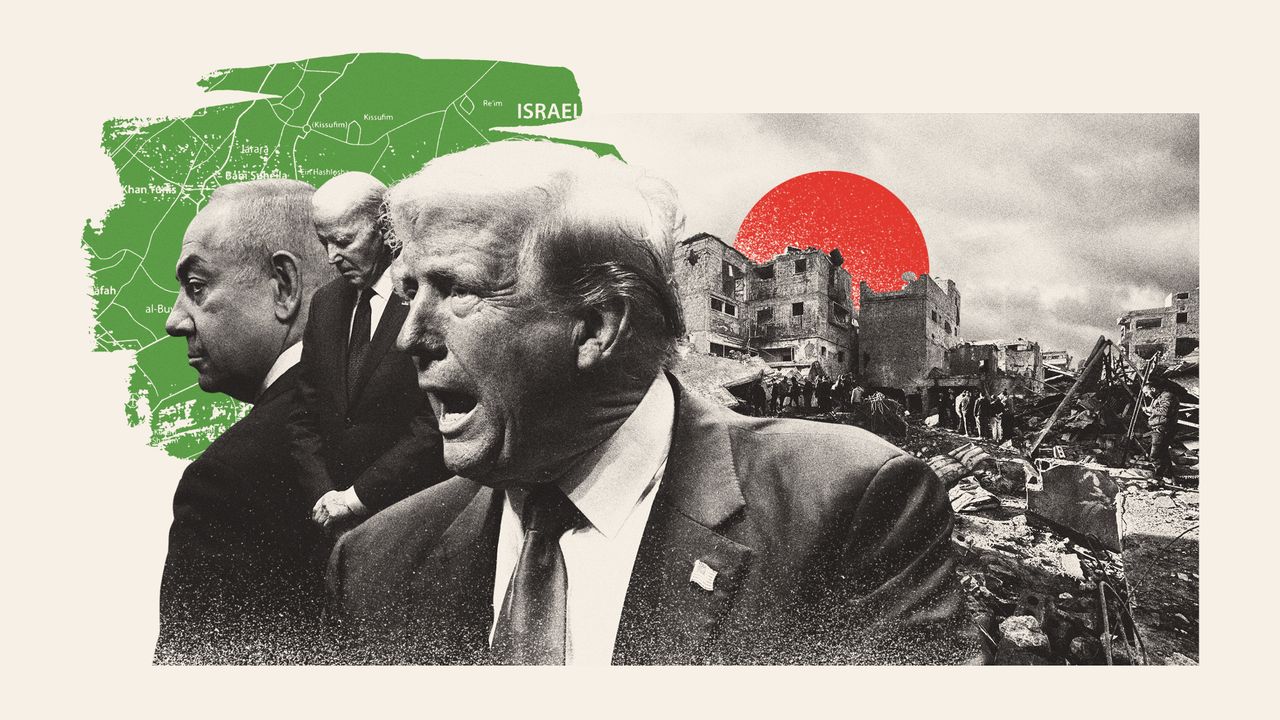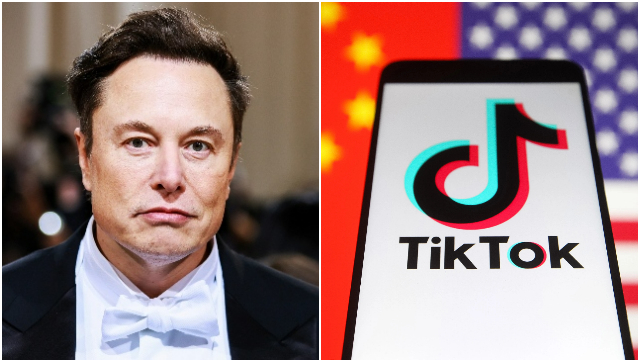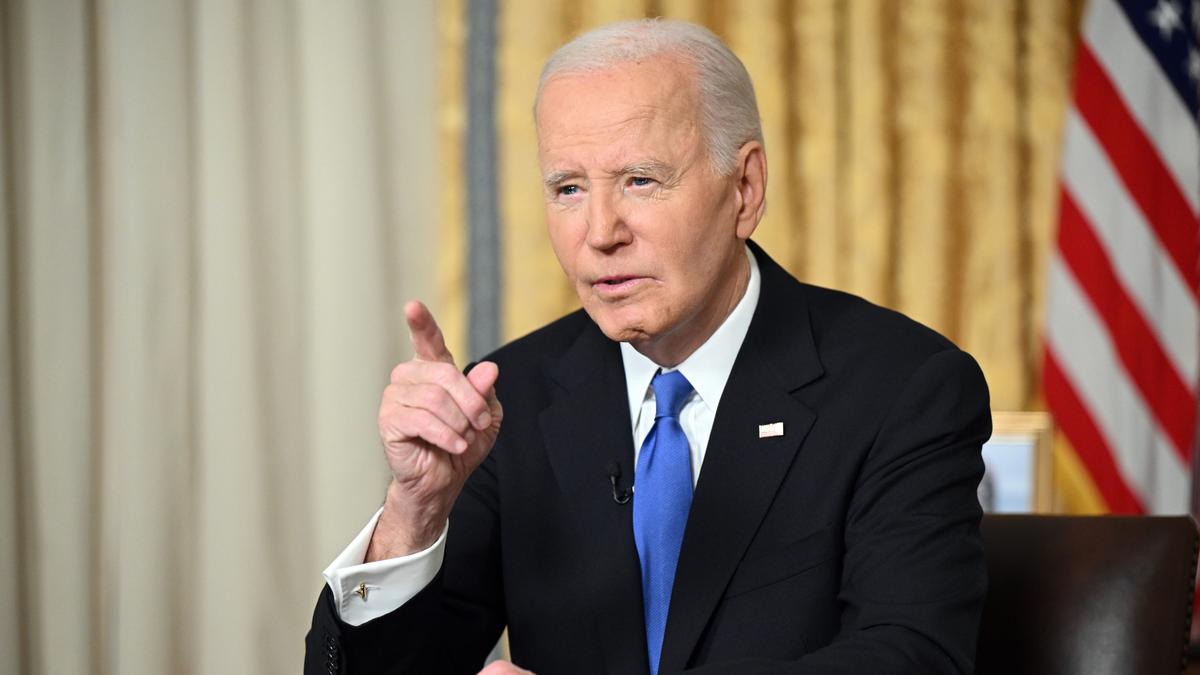A Stubborn Peace: Why the Gaza Ceasefire Was Never About Trump

The recent progress towards a ceasefire between Israel and Hamas has been attributed by many to the political machinations and influence of Donald Trump’s imminent presidency. However, this narrative conveniently overlooks the numerous factors and players who have been working tirelessly behind the scenes long before Trump’s political resurgence. Let’s take a closer look at the dynamics at play and challenge the simplistic narrative that credits one man with what is fundamentally a complex international issue.
The Long and Winding Road to Negotiation
The truth is, negotiations for a ceasefire have been ongoing for the better part of 15 months. The idea of exchanging hostages for Palestinian detainees, which is now being touted as a fresh proposal influenced by Trump’s return, is anything but new. This plan has been on the table, considered, and almost agreed upon multiple times over the past year.
The real drivers of these talks have been the relentless efforts of diplomats from Qatar and Egypt, along with the quiet but persistent diplomacy of European nations. Qatar, in particular, has played a crucial role as a mediator, given its unique position of maintaining relations with both Israel and Hamas. Al Jazeera has consistently reported on Qatar’s efforts to facilitate dialogue and mediate peace talks, pointing out that their efforts have been in motion long before Trump's involvement.
Moreover, the Biden administration, despite being in its final days, has been engaged in these efforts. While criticized for not exerting more pressure, it laid much of the groundwork and maintained communication channels that are now proving vital. Attempts have been made to paint Biden as ineffectual in this scenario, yet it's undeniable that his administration kept these discussions alive during a politically tumultuous period.
Internal Israeli Politics: The Real Obstacle
Pointing fingers at Netanyahu and his political motivations is not just convenient; it’s accurate. For months, Netanyahu has faced increasing pressure from far-right elements within his coalition who have opposed any form of compromise with Hamas. This internal pressure has significantly delayed progress that could have saved lives and reduced suffering on both sides of the conflict.
The Israeli Prime Minister’s hesitance to finalize a deal has been less about the specifics of the proposals and more about political survival. Netanyahu’s coalition relies heavily on the support of right-wing parties, which have consistently pushed for a hardline approach to the situation in Gaza. The Times of Israel has detailed Netanyahu’s balancing act between international diplomatic pressures and domestic political necessities, underscoring that his motivations are deeply entrenched in maintaining political power rather than achieving peace.
In fact, Itamar Ben Gvir, Israel’s national security minister, has been vocal about his opposition to any deal that might be perceived as a concession to Hamas. His threats to withdraw support from Netanyahu’s government if a deal were struck are illustrative of the domestic political tightrope Netanyahu has been forced to walk. This internal Israeli dynamic, more than any external influence, has been the primary barrier to achieving a ceasefire.
Hamas: A Willing but Limited Participant
Hamas, often painted as the intransigent party in these negotiations, has shown willingness to engage in a ceasefire agreement under the right conditions. While their tactics and decisions are frequently criticized, it’s important to recognize that Hamas has, at various points, signaled openness to prisoner exchanges and ceasefires that could pave the way for longer-term peace negotiations.
Critics argue that Hamas uses hostage negotiations as leverage, but it’s also clear that they understand the humanitarian crisis in Gaza and the need for a reprieve from the ongoing conflict. The Guardian has reported on Hamas’s strategic communications during negotiations, highlighting moments where they have been ready to engage constructively, only to have the process stall due to external factors, notably Israeli political dynamics.
The Trump Factor: A Convenient Political Narrative
It is undeniably tempting to credit Trump with the progress towards a ceasefire. His political re-emergence offers a neat narrative: a strongman negotiator coming in to save the day. However, this narrative disregards the efforts of countless diplomats, negotiators, and organizations that have been working towards this goal long before Trump’s involvement.
Trump’s team, led by Middle East envoy Steve Witkoff, may have applied pressure in recent weeks, but this was merely the latest chapter in a long saga of negotiations. While some reports indicate that Witkoff’s approach may have compelled Netanyahu to yield on certain positions, it is misleading to suggest that this alone was the decisive factor.
The imminent change in U.S. leadership might have served as a catalyst for Netanyahu to reconsider his stance, but attributing the potential ceasefire solely to Trump’s influence overlooks the broader picture. It risks minimizing the agency and contributions of regional actors who have tirelessly sought peace, often at great political and personal risk.
Conclusion: A Collective Effort for Peace
Ultimately, the move towards a ceasefire between Israel and Hamas is not the triumph of one man or administration but the result of years of diplomatic groundwork laid by a multitude of actors. It is the culmination of persistent efforts by regional powers, international diplomats, and peace advocates who have worked under the radar to bring about a cessation of hostilities.
As the world watches and hopes for peace, it is crucial to recognize that true and lasting peace will require continued engagement from all parties involved. It will necessitate addressing the underlying issues that fuel the conflict, including humanitarian concerns and political injustices, rather than seeking quick fixes or attributing success to singular figures.
In the end, the path to peace is a shared journey, one that demands the collective will and courage of all stakeholders involved. Only by acknowledging and supporting these diverse efforts can we hope to see a lasting resolution in Gaza and beyond.

Keychron V1 QMK Custom Mechanical Keyboard
A versatile 75% layout wireless mechanical keyboard. Perfect for programming with Mac/Windows compatibility and exceptional build quality.
)

